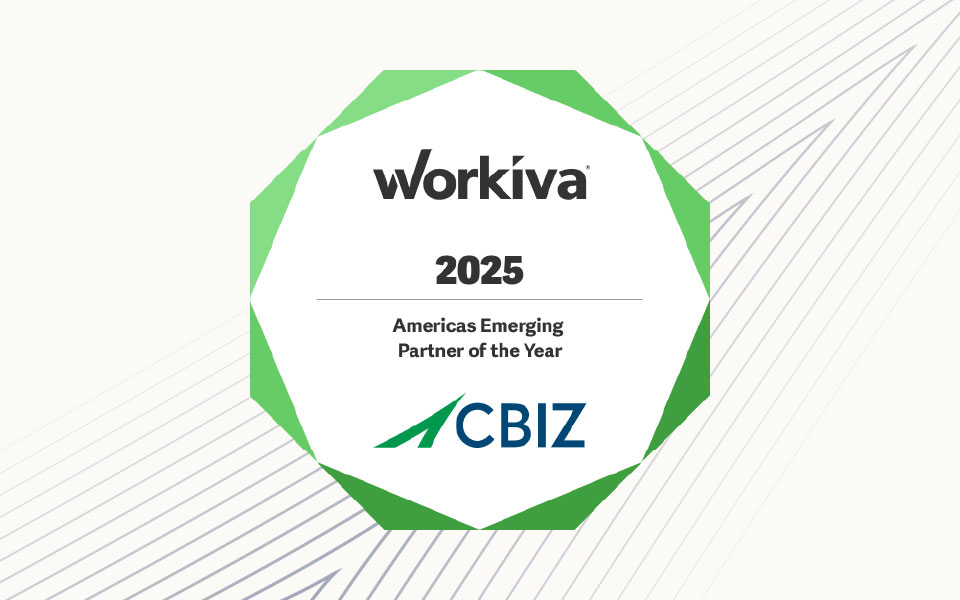Virginia and Wyoming are the latest states to update their laws concerning noncompete agreements, with new regulations taking effect on July 1, 2025. These changes align with a broader national trend to limit restrictive covenants while still balancing employer needs.
Here’s what employers need to know and how the updates could impact your business.
Virginia’s Expanded Noncompete Ban
Virginia expanded worker protections by updating the “Low-Wage Employees” definition covered under the noncompete ban.
Low-Wage Employee Definition Made Simple
July 1, 2020 – June 30, 2025: A low-wage worker in Virginia is an employee earning less than the state’s average weekly wage. For example, in 2025, the average weekly wage is $1,463.10 (roughly $76,081 per year).
Starting July 1, 2025: Low-wage employees include anyone eligible for overtime pay under federal law (working over 40 hours a week), regardless of their weekly earnings. The term will now cover all “non-exempt” employees as defined under the Fair Labor Standards Act (FLSA).
The amendment does not apply to agreements entered before July 1, 2025.
Wyoming’s Noncompete Ban
Wyoming’s law (Senate File 107) bans noncompete agreements in most situations. It applies only to contracts entered on or after July 1, 2025.
Key Takeaways from the Wyoming Noncompete Ban
Comprehensive Ban: The law voids noncompete agreements that restrict compensation for both skilled and unskilled labor. However, agreements signed before July 1, 2025 remain enforceable under the old rules.
Physician-Specific Provisions: The new law bans noncompete clauses that stop physicians from practicing medicine after leaving a job, partnership, or corporate affiliation. However, the rest of the agreement will still be valid. After leaving or if the noncompete is voided, physicians can share their new practice details and contact information with certain patients who have rare disorders.
Exceptions to the Wyoming Ban
Certain circumstances allow noncompete agreements to remain enforceable, including:
- Sale of a Business: Agreements related to the sale of a business or its assets are permitted.
- Trade Secrets Protection: Noncompetes that safeguard trade secrets are allowed.
- Executive and Management Roles: Noncompetes entered by executive and management-level employees are exempt.
- Recovery of Relocation/Education Expenses: Agreements requiring repayment of specific expenses are valid if the employee leaves the position within four years, with prorated recovery depending on the tenure.
Key Considerations for Employers in Both States
Employers in Virginia and Wyoming face the challenge of adapting to stricter limitations on noncompete agreements while protecting legitimate business interests. To remain compliant and mitigate potential risks, employers in both states should prioritize the following steps:
- Review and Update Agreements: Ensure existing contracts comply with these new regulations by removing or amending noncompete provisions that are no longer enforceable.
- Focus on Alternative Protections: Replace noncompete clauses with other safeguards, such as nondisclosure agreements, to protect trade secrets and confidential information.
- Educate Your Teams: Inform HR teams, legal departments, and leadership about these new legal requirements to ensure smooth implementation and compliance.
- Reassess Employee Classifications: Particularly in Virginia, confirm that employees are correctly classified as exempt or nonexempt under FLSA standards.
With Wyoming instituting a near-complete ban on noncompete agreements and Virginia expanding its restrictions to include overtime-eligible employees, a clear trend is emerging nationwide to limit the use of restrictive covenants. Businesses should act now to update agreements and practices, ensuring they remain compliant while positioning themselves competitively within the evolving employment law landscape.
Contact CBIZ today to learn how we can help your business navigate these changes.
© Copyright CBIZ, Inc. All rights reserved. Use of the material contained herein without the express written consent of the firms is prohibited by law. This publication is distributed with the understanding that CBIZ is not rendering legal, accounting or other professional advice. The reader is advised to contact a tax professional prior to taking any action based upon this information. CBIZ assumes no liability whatsoever in connection with the use of this information and assumes no obligation to inform the reader of any changes in tax laws or other factors that could affect the information contained herein. Material contained in this publication is informational and promotional in nature and not intended to be specific financial, tax or consulting advice. Readers are advised to seek professional consultation regarding circumstances affecting their organization.
“CBIZ” is the brand name under which CBIZ CPAs P.C. and CBIZ, Inc. and its subsidiaries, including CBIZ Advisors, LLC, provide professional services. CBIZ CPAs P.C. and CBIZ, Inc. (and its subsidiaries) practice as an alternative practice structure in accordance with the AICPA Code of Professional Conduct and applicable law, regulations, and professional standards. CBIZ CPAs P.C. is a licensed independent CPA firm that provides attest services to its clients. CBIZ, Inc. and its subsidiary entities provide tax, advisory, and consulting services to their clients. CBIZ, Inc. and its subsidiary entities are not licensed CPA firms and, therefore, cannot provide attest services.















